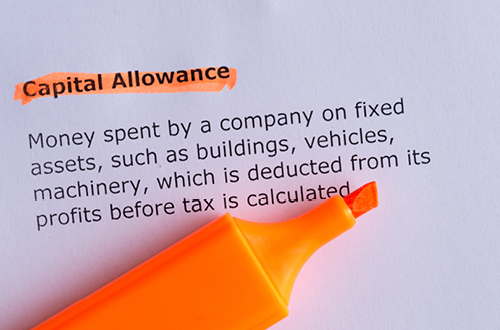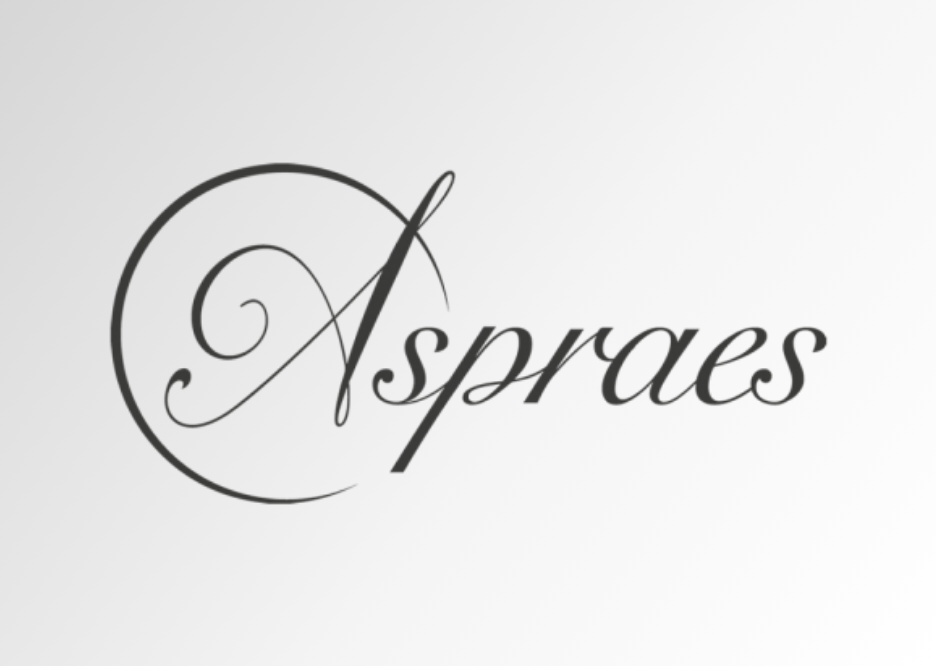On 9 May 2022, the government launched a consultation process on the current capital allowances regime and how it could be reformed to encourage business investment in the UK.
Consultations range in nature from the mere exploring of ideas for possible reform, to effectively running a firm plan for change past stakeholders in advance of it actually being implemented.
This consultation feels closer to the latter than the former on that scale, insofar that the government would appear to have already decided that action is needed.
It is aware of the upcoming ‘cliff edge’ of 1 April 2023 for the corporate capital allowances rules. Without action, businesses are facing a ‘double whammy’ of bad news – a substantial reduction in the level of the annual investment allowance (AIA, the threshold of qualifying capital spend that can get 100% write off in a particular year), and the ending of the super-deduction (explained below).
Originally announced by Chancellor Rishi Sunak in his Spring Statement of March this year, but now taken to the next step of asking wide stakeholders for their views, several potential options for reform are being considered.
By way of a recap before turning to those options, the 130% super-deduction (for qualifying main pool expenditure; 50% for special pool costs) was introduced on 1 April 2021, but is due to expire on 31 March 2023.
In truth, the super-deduction was intended as a short-term measure, announced at the same time as the intention to increase the main rate of corporation tax (from 19% to 25% from April 2023), to effectively uplift the rate of tax relief to that new rate and avoid motivating businesses to defer capital expenditure until that later tax year.
Within the consultation, the government has asked for taxpayer views on how the super-deduction has impacted business investment decisions; however, it remains extremely unlikely that such a generous rate of relief (bearing in mind the quantum of super-deduction claim per accounting is unlimited) will be carried over into 2023/24.
Instead, the government is prioritising the consideration of some of the other types of allowances available. Some of the options being considered are:
- Annual investment allowance (AIA) – the AIA has fluctuated since it was introduced in 2008. It is currently £1 million per annum; however, the default level is £200,000. The government has suggested permanently increasing this amount, although it has not specified what the alternative default allowance might be.
- Writing down allowances (WDA) – the government has suggested that it may reinstate the previous WDA rates for the main pool and special rates pools of 20% (currently 10% per annum) and 8% (currently 6% per annum) respectively.
- Full expensing regime – another suggestion was to introduce a regime whereby 100% relief is given upfront for all forms of qualifying expenditure, removing the need for any capital allowances regime. This option is an extreme suggestion and one that would make the UK capital allowances regime much more generous than the Organisation for Economic Co-operation and Development (OECD) average.
- Watered-down super-deduction – as an alternative to expensing all qualifying costs, the government has also mentioned the option of introducing a new rate of first-year allowances (of say, 40% rather than 130%) of the total expenditure, i.e. introducing a similar allowance to the super-deduction.
Responses to the consultation were requested by 1 July, so we can expect an update and/or specific proposals from the government by the time of the Autumn Budget later this year.
Maintaining a flexible approach to the timing of capital expenditure in order to capitalise on the tax reliefs available, whilst not letting this interfere with the business objectives of making that investment, is going to be key.
At Rickard Luckin, we are well-placed to steer your business through these changes and part of that will include keeping you updated as this develops. For more information or for a particular enquiry, please contact James Boustead via our online enquiry form .
This article is from the latest edition of our Construction, Land & Property newsletter. To receive future copies of any of our newsletters directly to your inbox, please visit our preference centre to register your interest.
If you have any questions about the above, or would like more information specific to your circumstances, please enter your email address below and we will get in touch:
















